From Waste to Renewable Hydrogen
The European Union has declared renewable hydrogen as the priority for the energy transition and decarbonization of the economy, key factors to fight climate change and loss of biodiversity. Most of the developed world is following suite and making similar announcements.
The official narrative assumes that renewable/green hydrogen will be produced solely by electrolysis, which has an extremely high energy consumption and therefore must be powered by renewable energy sources (such as solar and wind). A big production of hydrogen will require large solar/wind farms, covering extensive areas of land and subject to intermittent availability of those resources.
However, there is an alternative process, more efficient and cost-effective, with a small footprint, able to generate its own power, and consumes an abundant and undesirable resource that can be found everywhere, which constitutes a serious environmental problem that needs to be tackled – non-recyclable/landfill waste.
The process takes as feedstock all types of waste, such as solid urban waste (MSW), biomass, plastics, tires, car fluff (ASR), toxic waste (hospital, industrial, asbestos) and even degraded wind turbine blades and solar panels. Priority is given to non-recyclable waste diverted from landfills.
It is NOT incineration! It is entirely enclosed and does not produce hazardous by-products nor releases toxic gases into the atmosphere: ZERO pollution! The organic fraction of the waste generates an H2-rich Syngas, and the non-organic fraction generates an inert, non-leaching vitrified slag – Plasma Rock – that sequesters all toxic heavy metals and other contaminants and can be used as an aggregate for road construction.
The system is modular, scalable and can be configured to offer the desired output, whether it is Renewable Hydrogen, Synthetic Natural Gas (Methane), Synthetic Fuels, or Power Energy, among other renewable gases and chemicals.
W2E-EPS is at the forefront of this industry, in cooperation with strategic alliance partners, to deploy this innovative and disruptive solution worldwide.

From Waste to Renewable Fuels
The energy transition to decarbonize is driving record-high percentages of renewable energy generation all over the world. However, wind and solar power are not enough to meet aggressive decarbonization goals. This is where the waste transition comes into play, diverting waste from overflowing landfills, and converting it into valuable commodities like renewable fuels. The convergence of these sustainable initiatives – energy transition and waste transition – is driving the development of new and efficient thermochemical conversion technologies to produce cost-effective renewable fuels.
Technologies to produce fuels use biological or thermal means. Treatment of biogenic feedstocks using anaerobic digestion (AD) produces biogas, a methane rich gas. Thermal treatment of MSW using gasification produces syngas, a mix of carbon monoxide and hydrogen, which can be used as produced, converted into hydrogen or processed into a liquid fuel.
Thermal treatment options achieve significantly higher efficiencies than all the AD scenarios. This arises from the lower conversion efficiency of biological processes that utilize only biogenic sources of carbon, compared with thermal processes that utilize multiple types of organic carbon sources.
Unlike fossil hydrocarbons that are produced from crude oil, coal and natural gas, our modular, scalable and replicable process uses waste-derived syngas to thermochemically produce synthetic liquid hydrocarbons (fuels and chemicals) that greatly reduce GHG emissions. This is achieved by a Fischer–Tropsch (FT) synthesis, which is the alternative industrial process that produces renewable drop-in compatible transportation fuels like diesel, jet, and naphtha (gasoline blend stock).
About us
W2E-EPS (Waste to Energy – Engineering, Projects and Services) is a Cleantech company, operating in a unique space where two sectors converge: the Environment sector (elimination of Waste Residues) and the Energy sector (production of Renewable Hydrogen, Renewable Fuels, Synthetic Natural Gas, Electrical Power).
Through partnerships with disruptive technology developers, we are offering state-of-the-art innovative cleantech and decarbonization solutions, that play an important role in the fight for a cleaner and sustainable world.


Our Services
W2E-EPS works within a network of technological, scientific, and academic partnerships, as an international provider of engineering and industrial solutions, offering services for the entire life cycle of industrial plants, in multiple sectors. This ranges from plant design and configuration, commissioning, operations, and maintenance.
Cleantech Solutions
W2E-EPS is committed to offer innovative solutions that:
- Divert waste from landfills
- Use that waste as a feedstock, and
- Convert it to valuable renewable products that are direct replacements to their fossil counterparts.
These solutions are based on clean and disruptive processes and have the double merit of avoiding the GHG emissions that the waste would originate when deposited in a landfill, while simultaneously obtaining the needed renewable products that help decarbonize the economy.
In general, these solutions follow concepts such as modularity, scalability, redundancy, and replicability, as the most effective model to maximize their reliability and match the market’s demand.
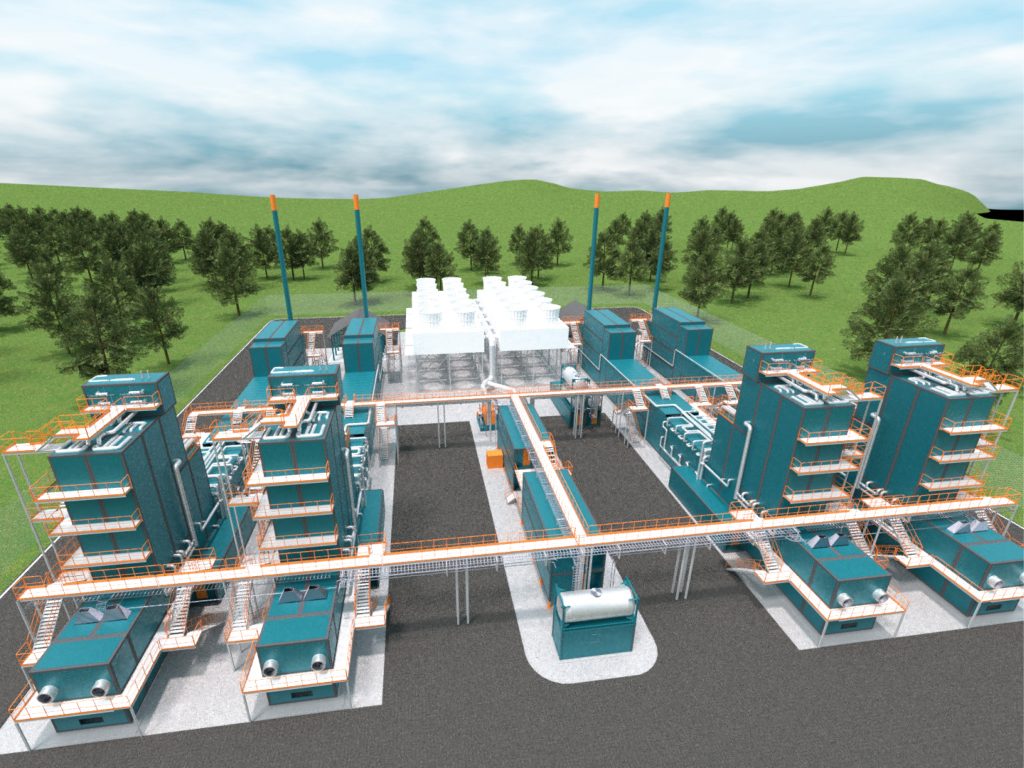
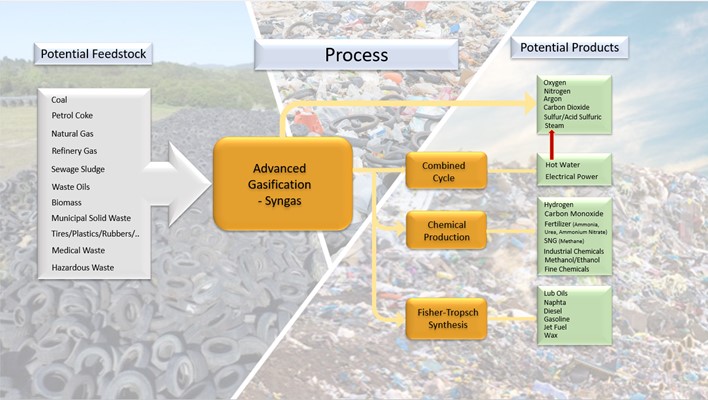
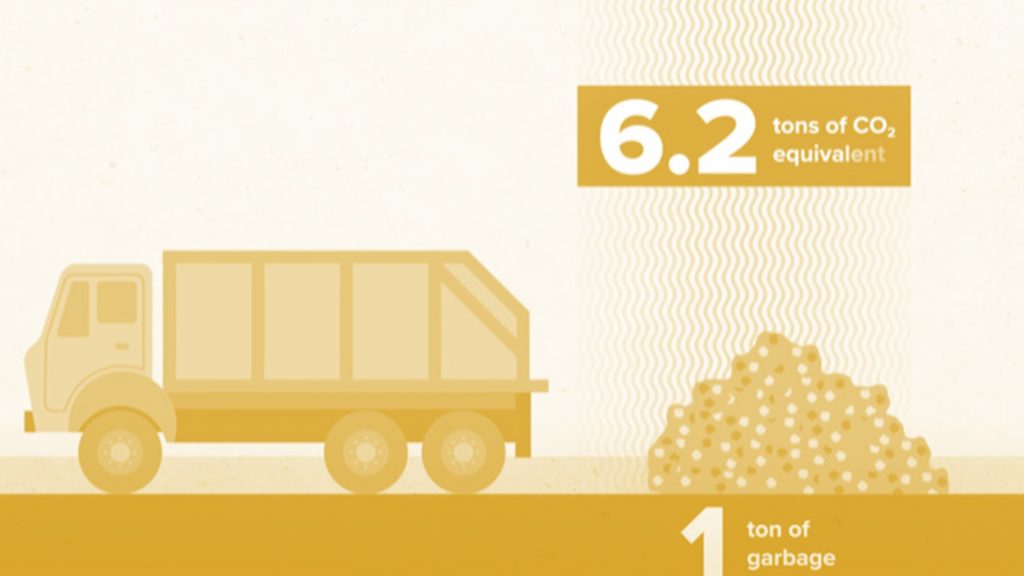
Gallery
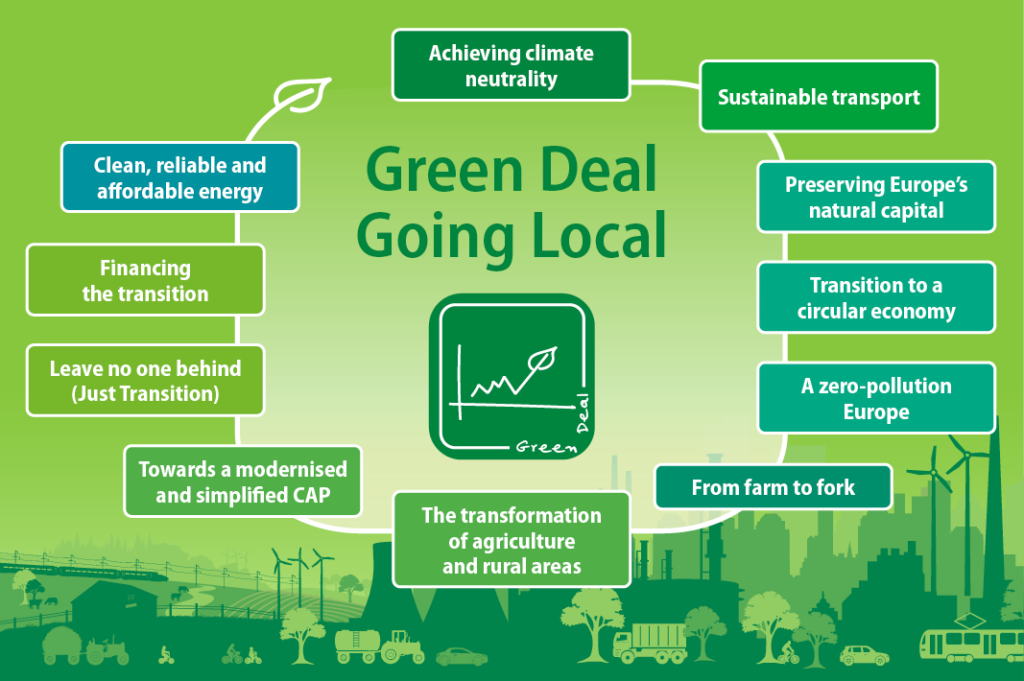
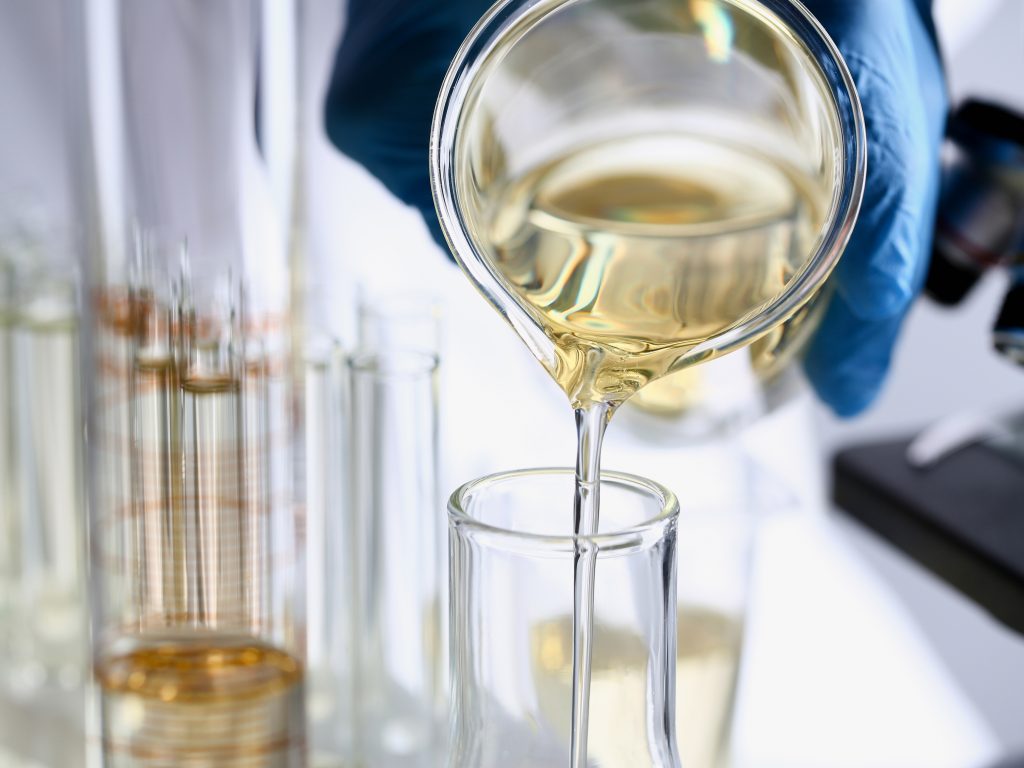
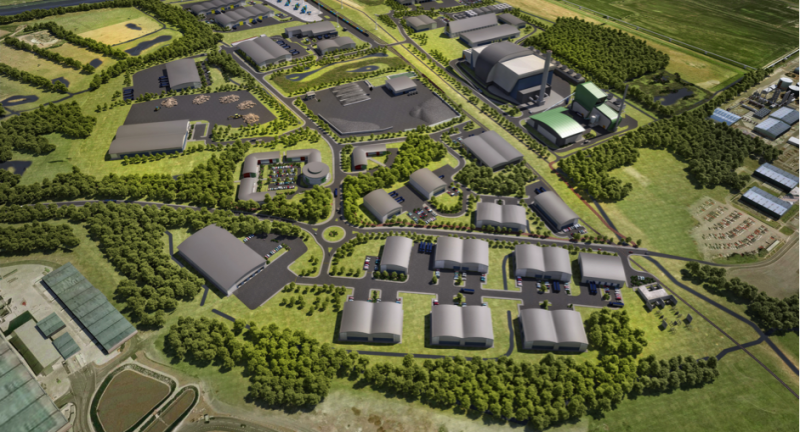
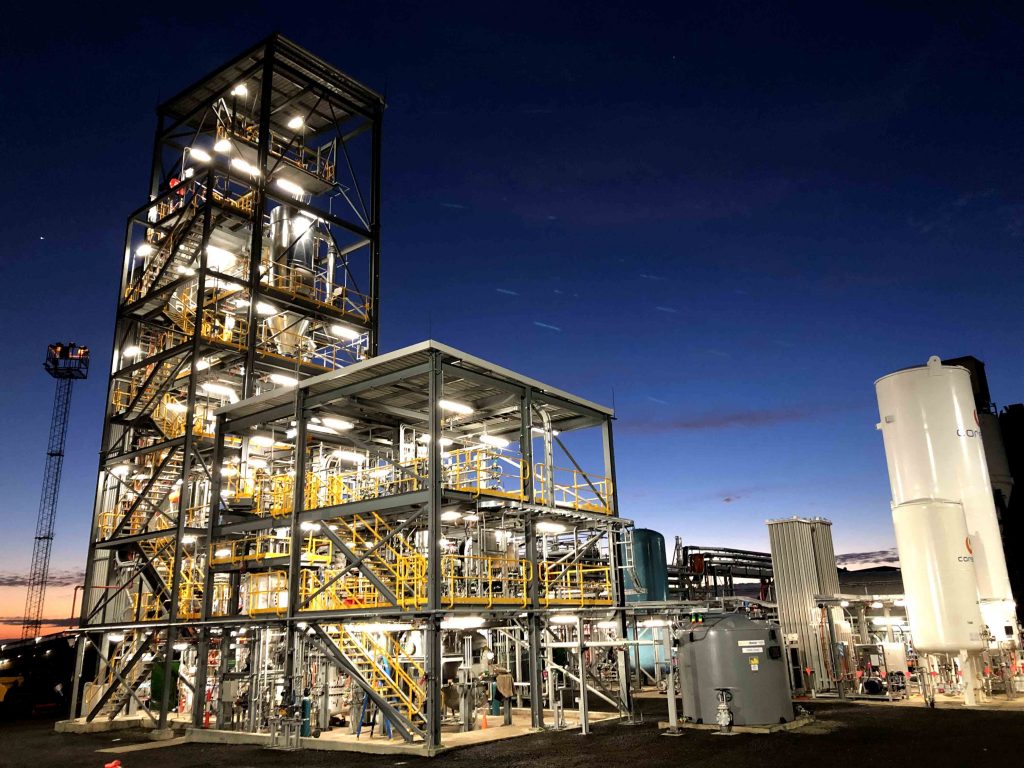


We Believe in Socioeconomic Development Without Compromising Environmental Sustainability
Sustainability is neither a local nor a national issue. It should be a global commitment. We are making our part to address this global concern. Please let us help you do yours.

